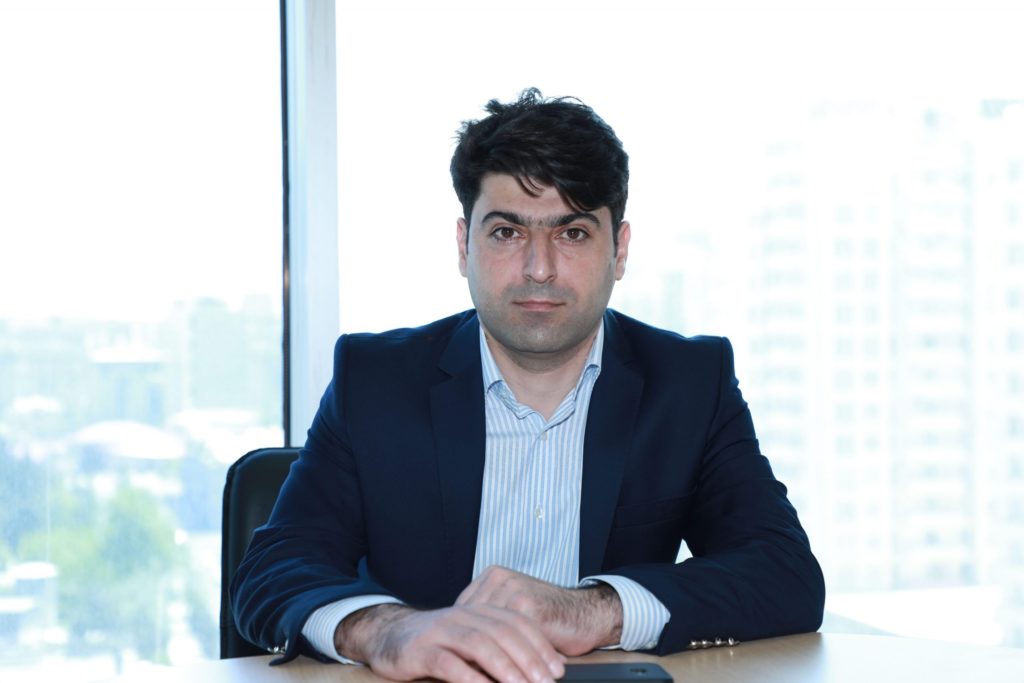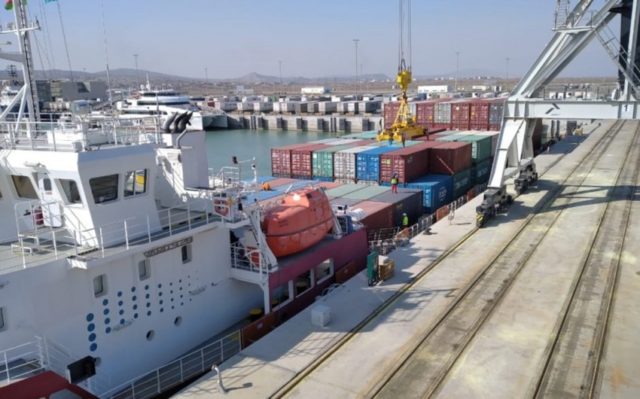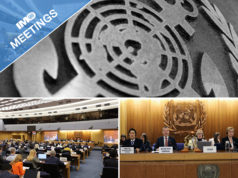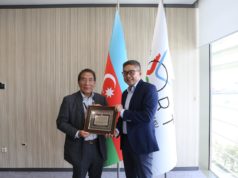A number of important solutions are needed to further increase the activity of the Trans-Caspian International Transport Route (Middle Corridor), Rauf Agamirzayev, an expert in the field of transport, told Report.
According to him, there is a need to intensify some of the works to ensure the full operation of the Middle Corridor.
Agamirzayev noted that the supply chain in the world had been formed so far:

“Until now, all the cargoes were sent in a cross-shaped manner, and a small volume of cargoes passed through the territory of Azerbaijan. Due to the Russian-Ukrainian conflict, the flow of freight sent in the North direction has stopped, and Ukrainian ports have been blocked. Currently, the cargo is directed to wherever is available. The main issue is related to the ability of ports and railways to accept these cargoes. Therefore, there must be appropriate solutions for this. This is not a one-day work but a medium and long-term perspective.”
“One of the main participants of the Middle Corridor is Azerbaijan. Railways in the western direction have been modernized, and the power supply system of the Baku-Boyuk Kesik line is gradually being switched to a 25 kW alternating current traction power supply system.”
Agamirzayev said that the Sumgayit-Yalama railway is being rebuilt within the framework of the measures taken in the direction of the implementation of the North-South international transport corridor, which plays a vital role in strengthening the transit-logistics potential of Azerbaijan.
He noted that there is a need to diversify cargo in the main direction of Georgia: “Georgian Railway LLC has promised to hand over the tunnel complex at the Rikoti Pass, which will increase the capacity of the railway in Georgia and also directly affect the speed. These are all interrelated tasks.”
According to Agamirzayev, one of the important segments of the Middle Corridor is Turkiye:
“In the part of Turkiye receiving the Baku-Tbilisi-Kars railways, the daily carrying capacity is 3,500 tons, according to their declared volumes. Doing something in this direction is necessary to further raise the load-carrying capacity. Currently, this indicator is very low compared to the cargo flow directed to the Middle Corridor.”
Agamirzayev added that the Zangazur corridor would open new opportunities: “The more destinations we have to ship to, the more options we have to receive. Corridor countries should do the same.”
The expert expressed his opinion on the possibility of cargoes remaining in the Middle Corridor after the end of the war:
“I think that if we can carry out the planned works quickly, we can transship a greater part of cargo and create incentives for further investments. Since 2017, Azerbaijan has been actively operating on infrastructure improvement. In addition, active work is underway both in Georgia and Azerbaijan. In general, among the corridor countries, Azerbaijan and Georgia will give more real and quick results in cargo transshipment.”
He also shared his views on the Baku meeting of Azerbaijan-Turkiye-Kazakhstan transport ministers this month:
“Meetings like this one are essential for the corridor’s development. At the meeting of officials, discussions were held regarding the main optimization and document circulation. If the digitization of the corridor is fully implemented, the delivery time of goods will be reduced further. This will increase the attractiveness of the corridor.”







